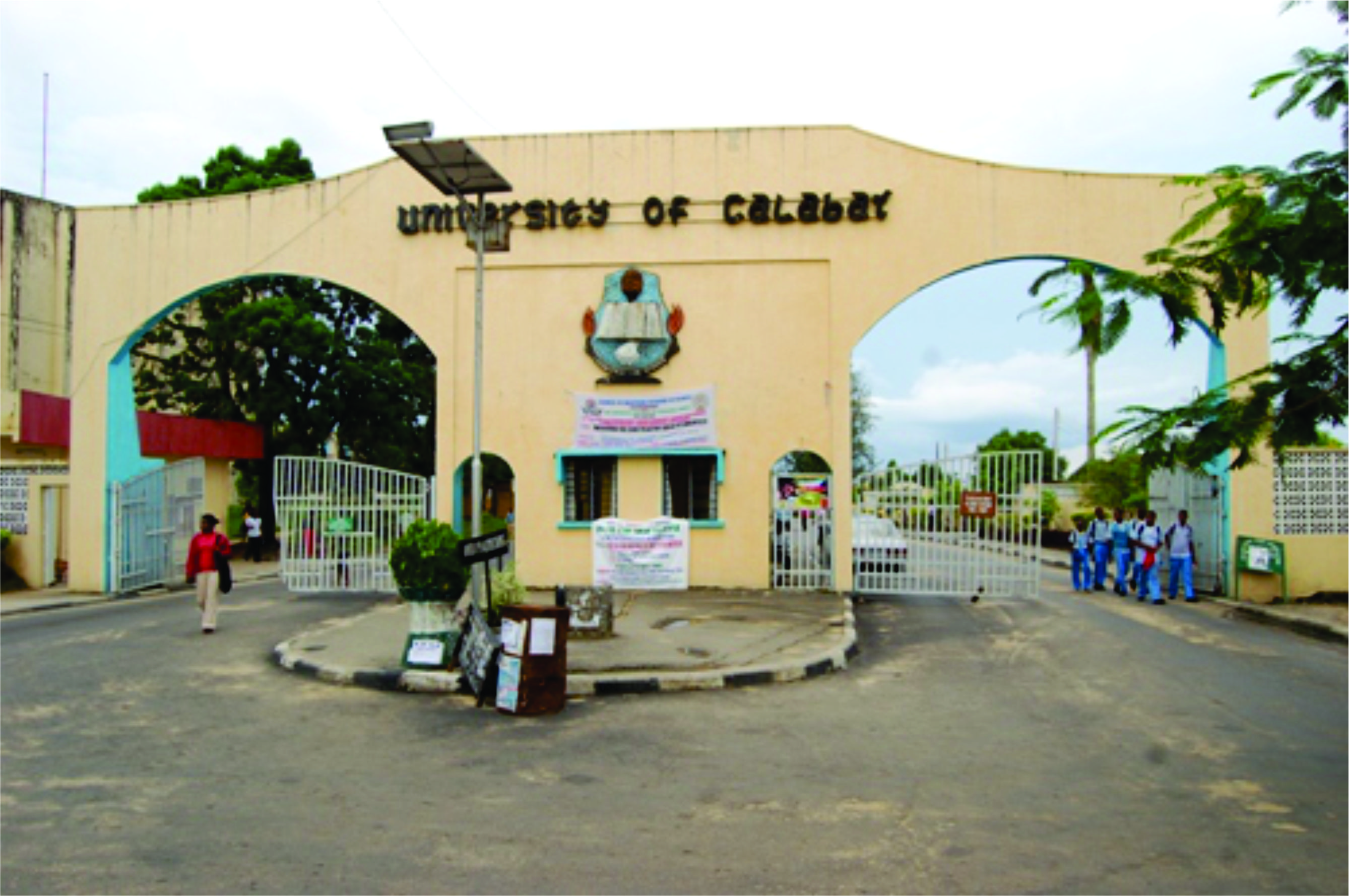Niger Delta
I’ll Improve On UNICAL’s CSR -VC

The Vice Chancellor of the University of Calabar, Prof. Florence Obi, has pledged to improve on the institution’s Corporate Social Responsibility (CSR) towards the university’s host communities.
Obi made the pledge when she received the executives of the Akim Youths Council from Calabar Municipality who were on a courtesy visit on Monday in Calabar.
The Vice Chancellor described Akim Youths as very organised as exemplified by their patience and candour, urging youths from other local government areas to emulate them.
She informed the youths she recognises the role the community has played in the development of the university, hence her decision to visit the chiefs of the host communities even while she was still VC-designate.
She added that it has always been her desire to work closely with the host communities.
The VC informed them that the university under her leadership will continue to explore other ways of empowering members of the host communities.
“The host communities should be the first to police the university as a matter of policy, ensure that they take ownership and protect the university from vandals and those who seek to plunder it,” she said.
In an earlier remark, the President of the Akim Youths Council, Mr Fred Okon, while congratulating the Vice Chancellor over her success at the keenly contested Vice Chancellorship interviews, said her appointment was well deserved.
According to Okon, the visit was a mark of solidarity and for them to associate with the new Vice Chancellor and by extension, the entire university management.
Okon, while expressing the Youth Council’s appreciation for the opportunity and privilege, recounts the events of the unfortunate #EndSARS protest hijack, and how the Akim Youths took it upon themselves to defend the university on October 24.
Niger Delta
Oborevwori Launches Medical Outreach For Children With Special Needs

Niger Delta
UniCal Commits To Nursing Education Dev In C’River

Niger Delta
Agency Demolishes Illegal Roadside Structures In Delta N8 by … Clears Street Traders

-

 News4 days ago
News4 days agoVictory Over Insurgency Certain, Tinubu Assures
-
Sports5 days ago
Sunderland Overcome Oxford Challenge
-
Sports5 days ago
Szoboszlai’s Real Madrid Dream Sparks Concern At Liverpool
-
Sports5 days ago
City Survive League Two Side’s Scare
-
Sports5 days ago
Wolves Beat Man Utd Conquerors
-
Sports5 days ago
Inter Best Juventus To Maintain Serie A Lead
-
Sports5 days ago
Arsenal Romp Past Wigan At Emirates

